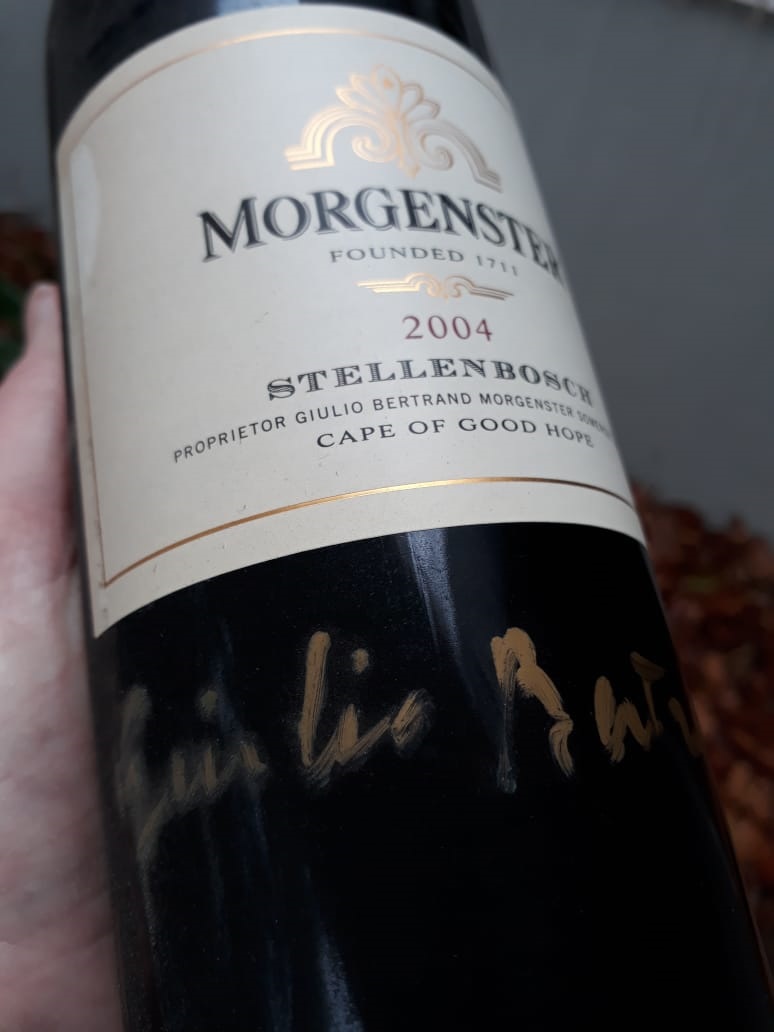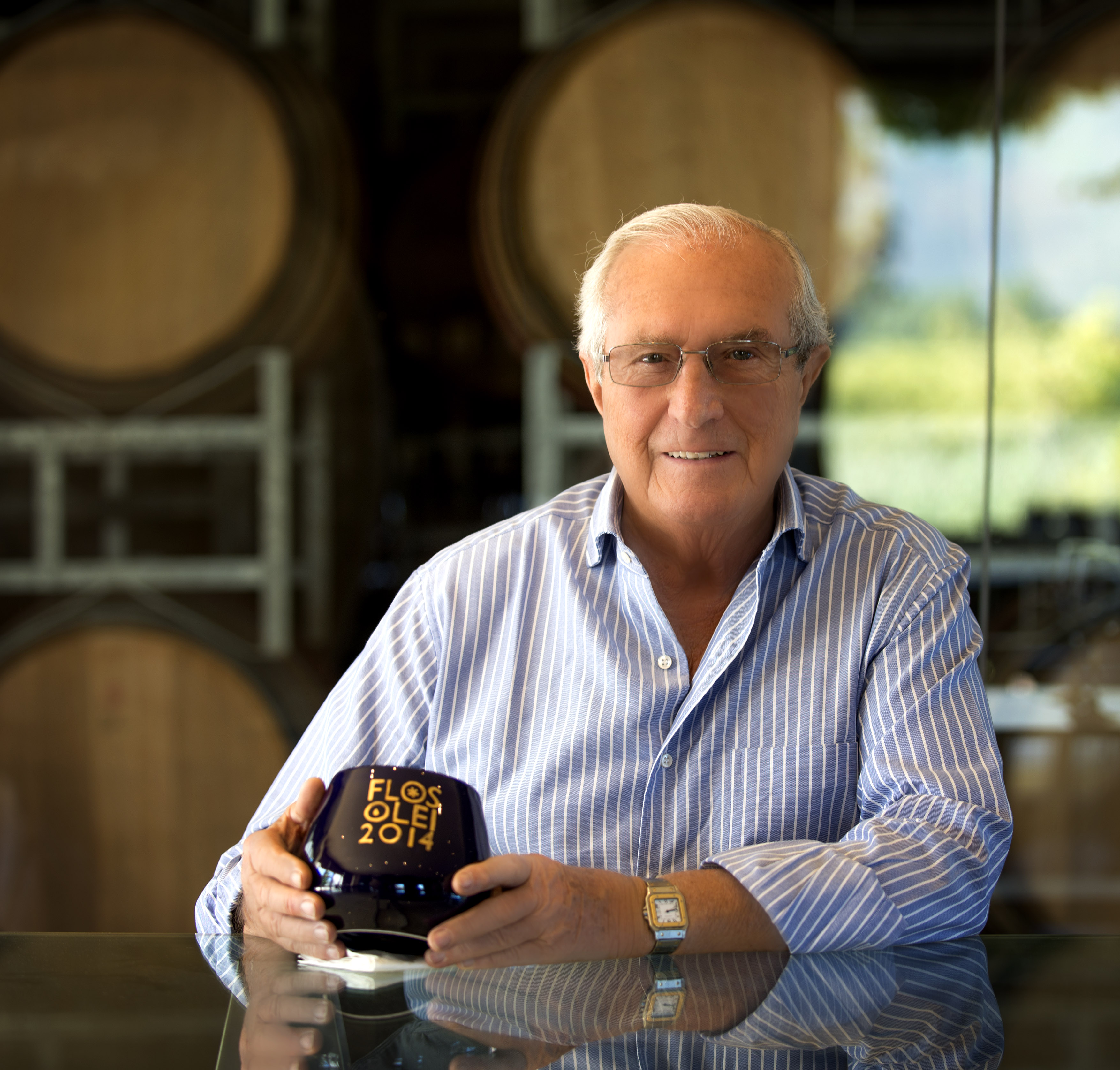Foreign Exchange
“He would always return from Italy with about half a kilo of truffles... He could afford them! And then he’d invite me over and he’d cook. We would sit in the kitchen, two old men, enjoying good food, good wine and telling stories, listening to music.”
“Afterwards, we’d go to his study and listen to some more music – good jazz! He loved jazz – smoke some cigars and have a little grappa and a coffee.”
Tinged with sadness and nostalgia, these were some of the moving words spoken by former Meerlust cellarmaster, Giorgio dalla Cia at the memorial for Giulio Bertrand, held at Morgenster in Somerset West recently. He painted a picture of two Italian men, lovers of life, food, wine, women, music, culture and philosophy – far from the country of their births. Although Dalla Cia no doubt won’t be comfortable with the comparison, both these men have made deep and decisive impacts on the local wine fraternity, and their influence will be felt for years, if not decades, to come.

Soon after meeting him at Meerlust for the first time in the nineties, Giorgio discovered that they had a shared love for the philosophy of Seneca, the ancient Roman who wrote such apposite things as: “Reputation is a great inheritance” and “Retirement without study is death, and the grave of a living man.”
Those words are appropriate because some years later Giulio “retired” to Somerset West, buying a long neglected wine estate and setting about restoring it. “I heard about this Italian renovating the manor house – so went to see him.”
Dalla Cia found Bertrand living in among the chaos and upheaval that a heritage renovation of a manor house a few hundred years old entails... “Sleeping on a very simple cot – like an ancient Roman general!” And so was kindled a friendship of more than two decades. Those decades were filled with Bertrand, a textile magnate in his pre-South African life, tackling a project which would daunt and defeat much younger men.
“Associate with people who are likely to improve you,” Seneca wrote. And that’s what Bertrand did, roping in Pierre Lurton of Chateau Cheval Blanc and Chateau d’Yquem as a winemaking consultant. Similarly, that’s how current Morgenster cellarmaster Henry Kotzé feels about Bertrand’s mentorship. “I learned so much from him – and not just about wine, but about life.”
South Africa’s burgeoning olive industry owes this Piedmontese gentleman no small debt of gratitude for his indefatigable enthusiasm for improving the quality and plantings of the country’s olive trees. He was passionate about olives and olive oil and just a year ago proudly shepherded groups of friends, restaurateurs and media on a tour of his newly installed, state-of-the-art olive oil press – before inviting everyone into his home for a repast in which olives featured prominently. Morgenster’s reputation is international: because of the numerous awards it’s received for a product made excellent by Bertrand’s insistence on constant improvement of plant material and knowledge of terroir and growing conditions.
And entirely fitting that one of his daughters, Alessandra, read a poem in memory of her father – about an olive tree and the roots it sets down.
For almost 30 years Giulio Bertrand burrowed roots deep in the South African wine industry – vine roots in the form of some of the country’s most significant plantings of Sangiovese, Nebbiolo and Vermentino while also growing a reputation and appreciation for the quality of the estate’s fine Bordeaux-styled red blend.

The South African wine fraternity will mourn his passing, as it has mourned others before and will do for others to come. There is no doubt that Bertrand’s financial investment in Morgenster was significant, even though the purchase price viewed through a contemporary lens appears a bargain – but what he brought to South Africa was of greater value. It was a foreign exchange in which the country’s wine lovers all benefited.
Dalla Cia’s gentle recollections of quiet times spent in the simple enjoyment of food, wine, music and fellowship of two compatriots is a reflection of Seneca’s statement that: “He whose daily life has been a rounded whole, is easy in his mind.”
- Fiona McDonald